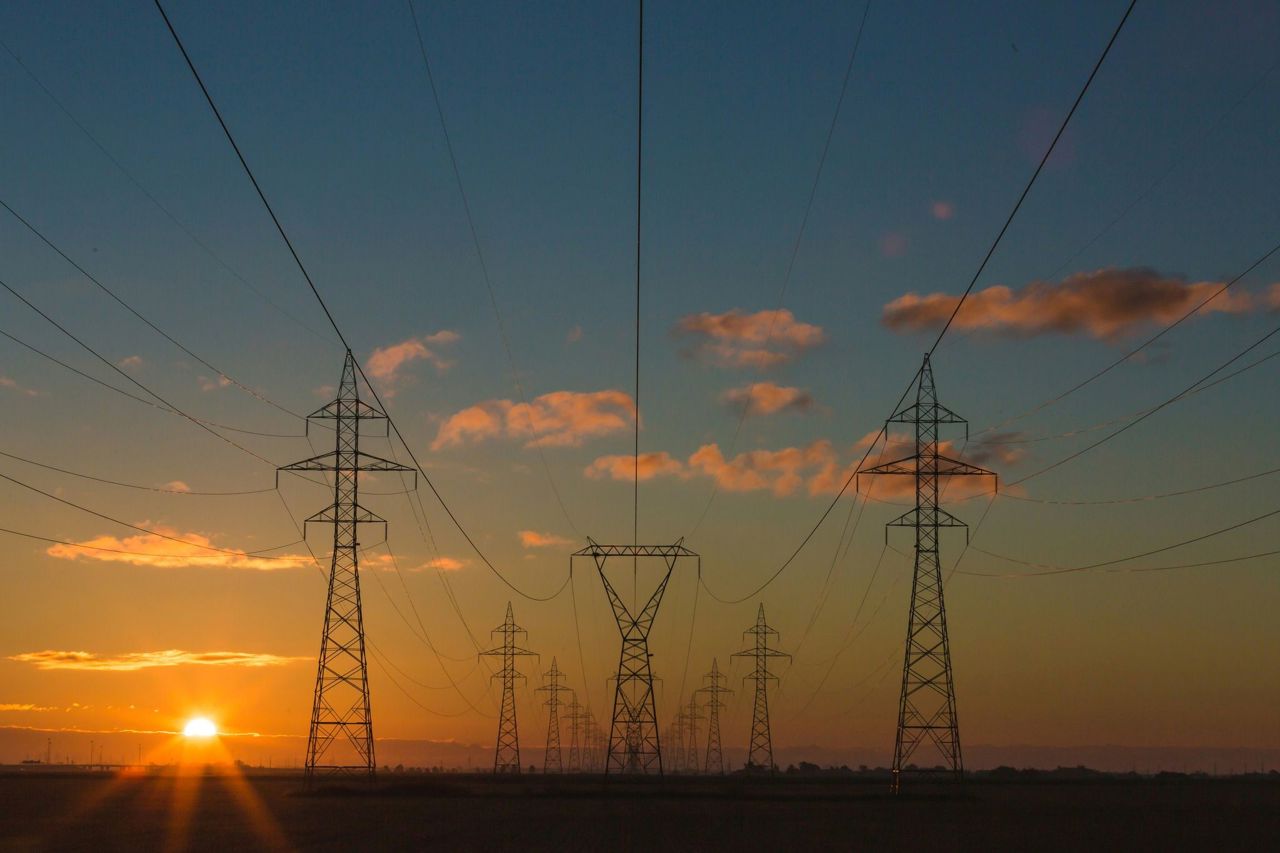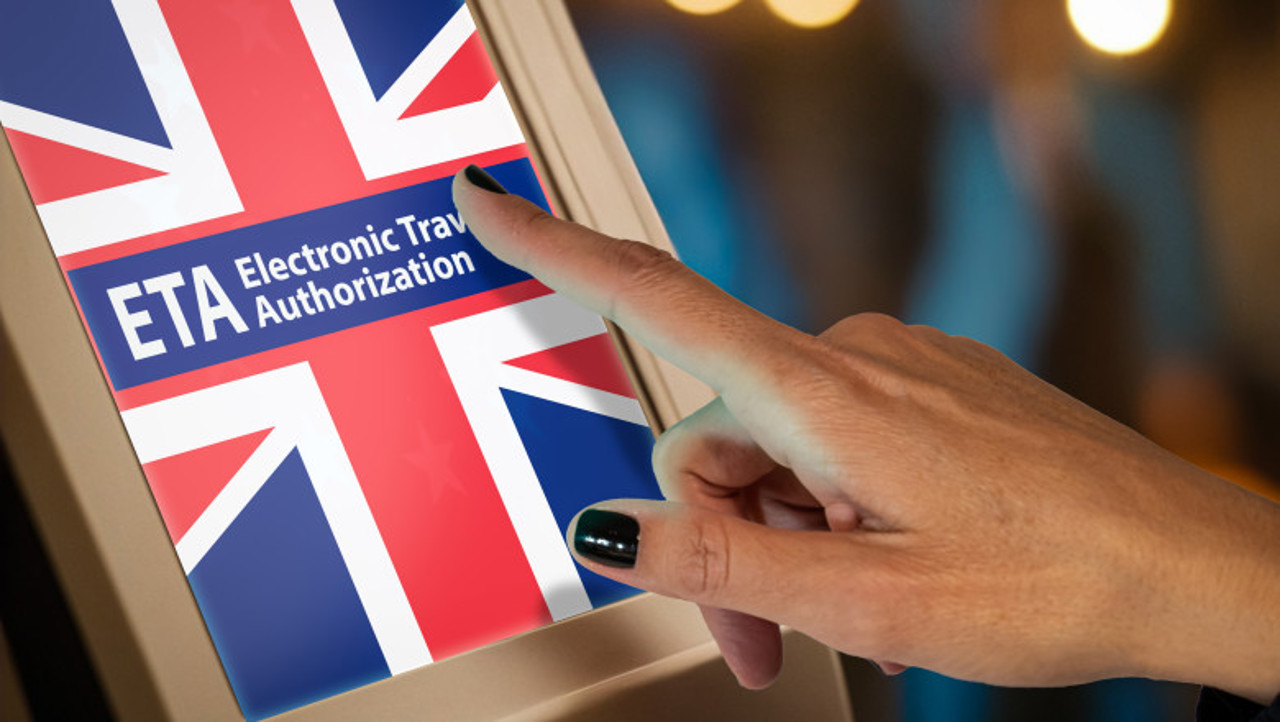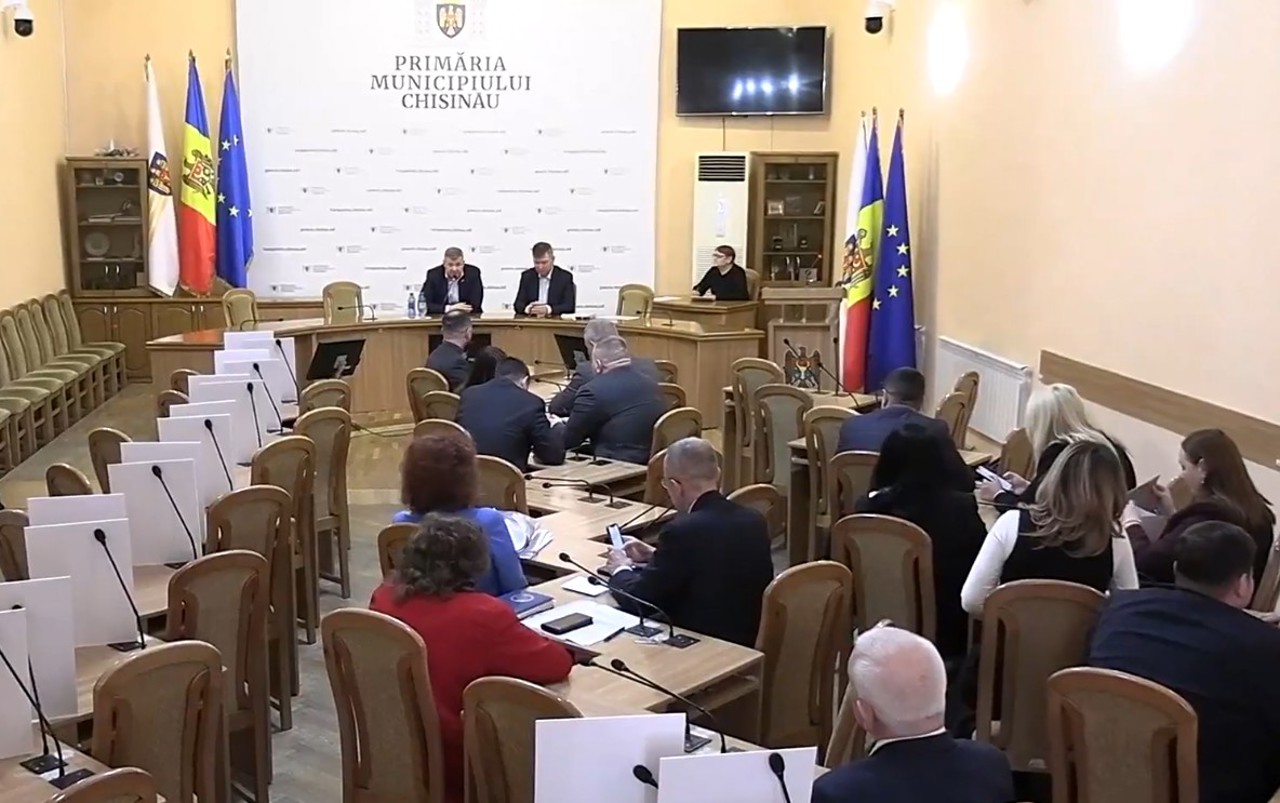The right to vote for people with disabilities, limited by inaccessible sections in the Republic of Moldova
The right to vote of people with special needs remains limited in the Republic of Moldova, even if the authorities have been promising for years to increase the access of these voters to electoral processes. Most polling stations in the country are not adapted to the needs of people with disabilities. On the eve of the elections on October 20, civic activists warn and demand urgent measures to solve the situation.
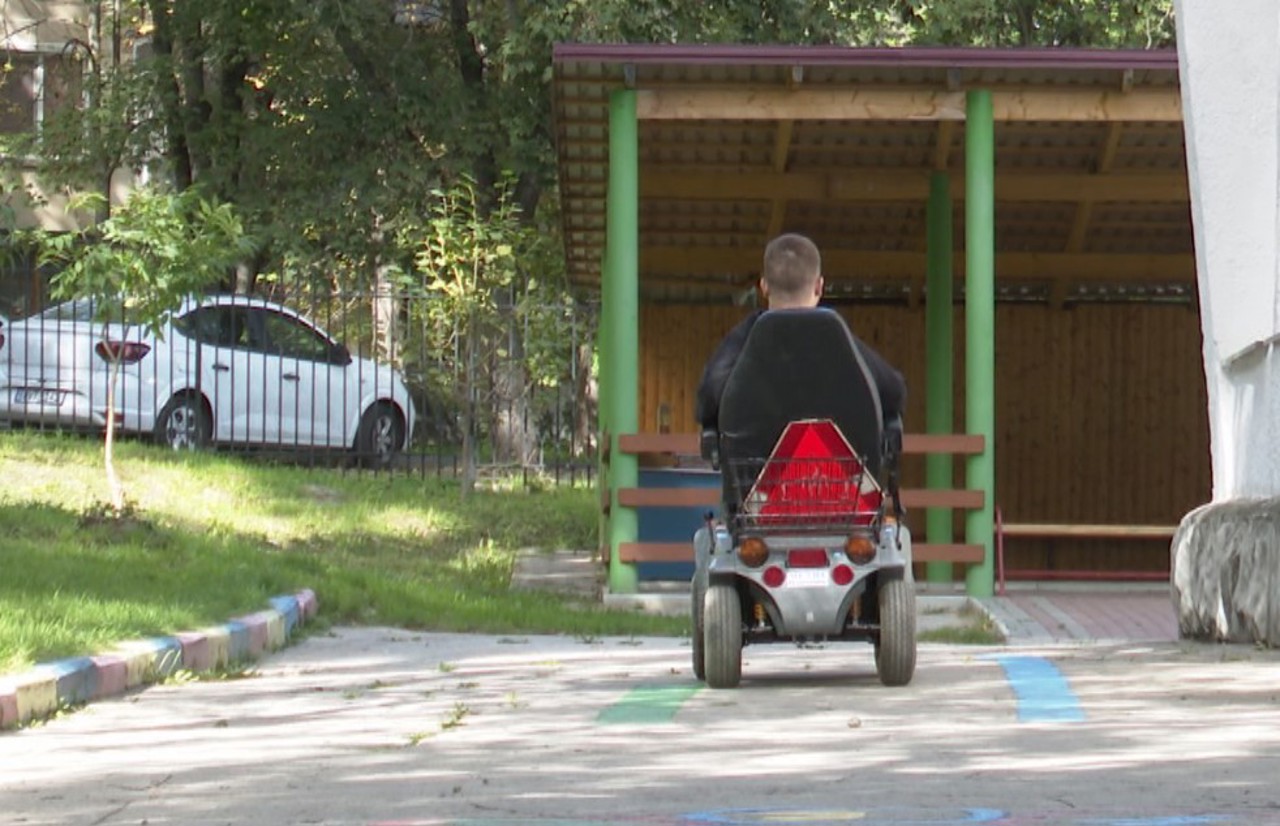
Andrei Bulgar’s case: a disabled voter who faced inaccessibility at the polls
Andrei Bulgar, a young man from Chisinau who uses a wheelchair, is one of the citizens directly affected by the lack of accessibility of polling stations. Until 2020, Andrei used to vote at the polling station in the premises of the "Ion si Doina Aldea Teodorovici" Theoretical Lyceum, where there was a suitable access ramp. But, in the last elections, Andrei was moved to a polling station in a nearby kindergarten, which is not accessible for people in wheelchairs.
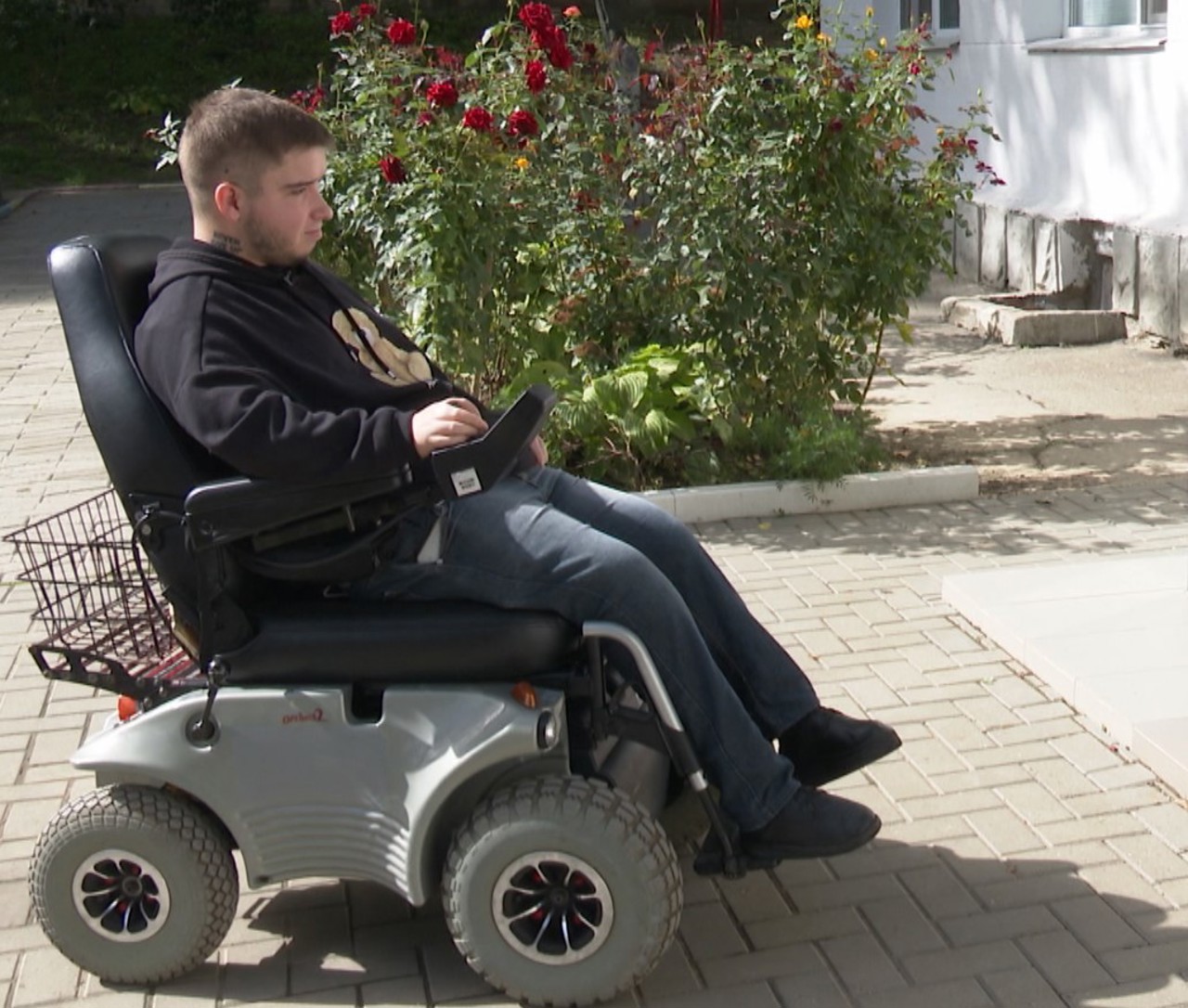
"Why didn't I go to kindergarten? Because any entrance that may be possible around it is inaccessible, there are stairs. I mean, the entrance is fine, but for the polling stations you have to climb about four stairs and that's when you get to the station", Andrei said. "And I was really amazed and morally discriminated about it," he added.
Andrei believes that accessibility to polling stations is not only an electoral issue, but also one related to the fundamental rights of the disabled. "It is important for the good and prosperity of the country and for a better future", this is how he motivated the need to participate in the elections.
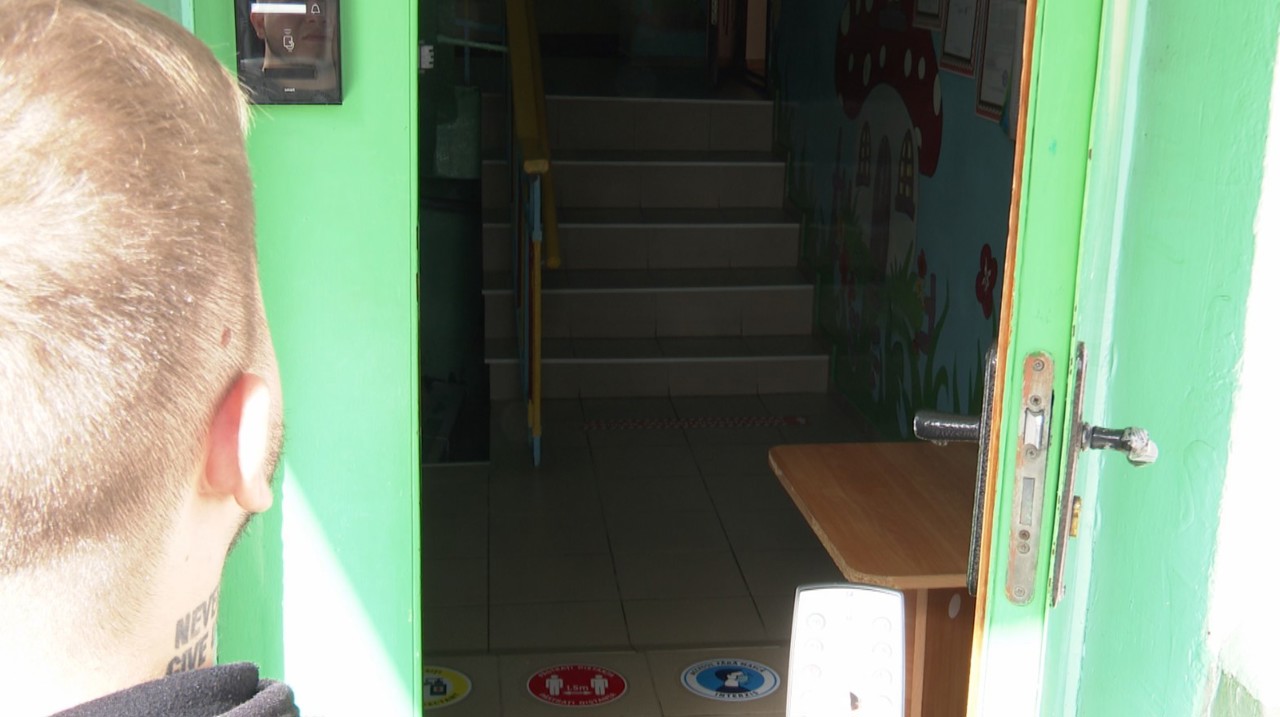
The accessibility of polling stations remains a serious problem in the Republic of Moldova, despite the promises of reform, claims the executive director of the INFONET Alliance, Victor Koroli. According to him, less than 1% of polling stations are accessible. Around 24-25% are partially accessible, meaning that people with disabilities would only be able to get in there with someone's help. 75% of polling stations are totally inaccessible.
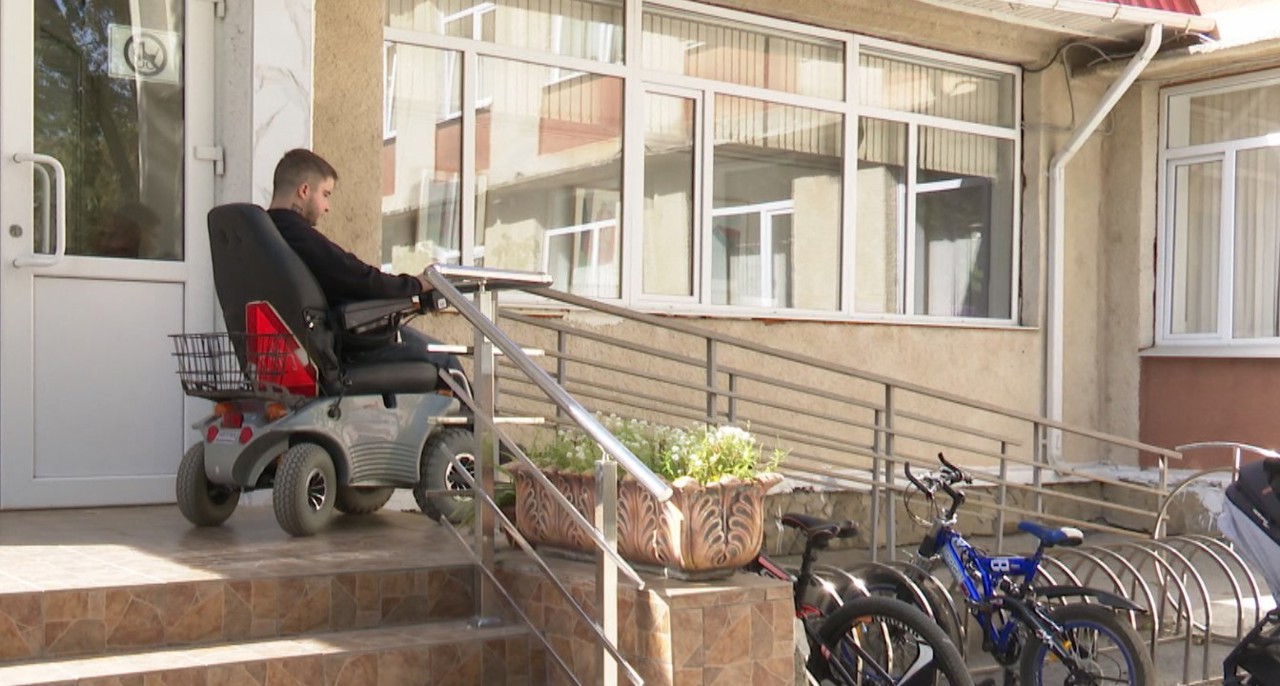
Solutions for disabled voters
"The only viable alternative for people with disabilities remains the mobile ballot box, but we must promote the right for these people to vote in the polling stations."
Victor Koroli points out that most polling stations are located in public buildings essential to the community, such as schools, kindergartens, medical offices or town halls. "Access to polling stations means access to education, information, culture, administrative services and medical services. We completed the audit in 2022 and assessed 100% of the polling stations. Although there are certain movements and trends for the better, the steps are very small".
People with disabilities assigned to inaccessible polling stations have two options at the polls on October 20: they can apply to vote at home or get a certificate to vote at an accessible station.
"Any voter who feels unable to move can submit a request through a relative, a social worker or another person to the polling station. At the same time, we recommend voters with disabilities to identify the right polling station on the accessibility map and submit the residence declaration, to get closer to a more accessible station" says the secretary of the Central Electoral Commission (CEC), Dana Munteanu.
The application for the mobile ballot box can be submitted between October 6 and 19, at 2:00 p.m. On the day of voting, it must be accompanied by a document confirming the degree of disability. The certificate to vote at a more accessible polling station can be obtained until October 19.
More than 162 thousand people with disabilities live in the Republic of Moldova, about 6.5% of the country's population, and children with special needs represent 2% of the total number of those registered, according to data presented by the National Social Insurance Agency.

